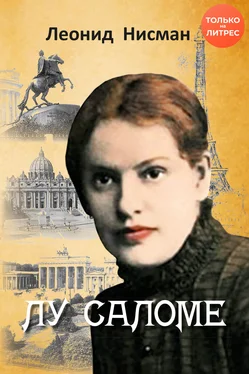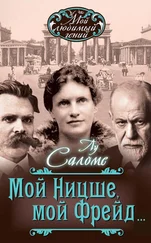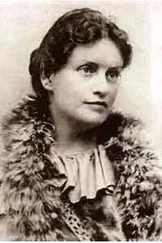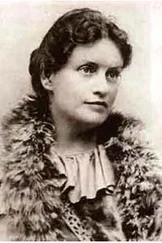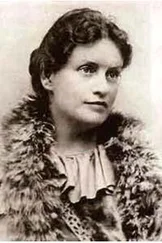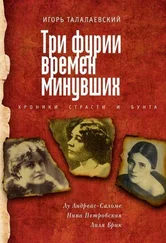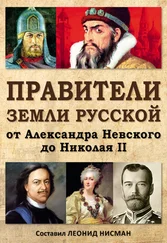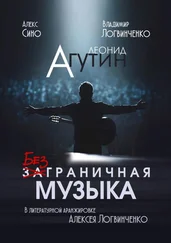After graduation, he worked as a designer, researcher, invented a lot, became one of the firsts in the country to introduce the automatic design system (CAD).
He defended his thesis successfully, combined the main work with teaching at various Universities in Moscow. Since then he has written and published more than 70 scientific works – author's certificates, articles, brochures, books (including several textbooks). All these are technical literature items.
But since school years Leonid Niessmann has aspired after fiction. And not only as a reader. Ever since he has been writing poetry and prose, participating in the creation of various performances, composing songs and patters, making translations from German and English.
Having moved to Germany, Leonid does not break ties with Russia, participates in the development and implementation of a number of successful joint
Russian-German projects. He has received the degree of Doctor of Technical Science and the title of Professor. He is actively involved in the work of the International Council of Russian Compatriots, being elected a member of its Presidium.
The circle of his friends and acquaintances is wide and diverse. Among them there are famous Russian compatriots – count Pyotr Sheremetyev, Prince Nikita Lobanov-Rostovsky, a well-known researcher of the Arctic and Antarctic, an outstanding Russian scientist-oceanographer Artur Chilingarov, one of the top-rank chess-players in the world Levon Aronian, distinguished cultural figures – Zurab Tsereteli, Arkady Inin and Leonid and Alexander Kanevsky, Nadezhda Babkina, Veronica Borovik-Khilchevsky, Roxana Babayan. Since Institute times Leonid has been friends with Yuri Luzhkov.
Life gave him the happiness of being acquainted and keeping company with now deceased outstanding representatives of national culture – a great poet and translator Samuil Marshak, the king of tango Oscar Strok, a famous film Director Grigory Chukhrai, wonderful actors Vladimir Zeldin and Semyon Farada, the legendary journalist Artyom Borovik, the master of the Russian art of singing Josiph Kobzon, the popular singers Eduard Khil and Valentina Tolkunova and also Alexander Glezer -a writer, poet, translator, journalist, publisher, collector of unofficial Russian art, one of the organizers of the «Bulldozer exhibition» in Moscow (1974).
In 2009, his book «My Friends Are My Wealth» came out. Later he wrote and published several more of his books.
In 2018 Leonid Niessmann's book «Russian Language. Difficulties, Secrets, Subtleties and Not Only…» was published. Written in vibrant, colorful language, it is cheerful, easy and at the same time informative and educational. The keynote of the whole book is the thought that «great, powerful, truthful and free» language for the Russian people is not only «support and comfort in the days of doubt and painful thoughts», but also an ever-living source of enjoyment in everyday life.
In 2019 his book «Famous Bastards in Russian Culture» was published.
Why did the idea to write a book about Lou Salome cross his mind? Only the author himself can give a perfect answer, although some thoughts on this matter do arise.
Strange as it may seem, the fates of the author and his heroine have much in common. Both were born in Russia and then moved to Germany. The main profession of both is not literature, but they love it and take it professionally. Both achieved significant success in their main profession and in literature as well. Both have a wide and varied circle of friends and acquaintances, each of whom is a very influential and important person in their field of activity.
To write the book, the author had to sift through a huge number of different sources in different languages. He did it!
But what’s the most important is that Leonid Niessmann has «brought back» Lou Salome to Russia. Until recently, she was widely known throughout Western Europe, but was virtually unknown in Russia, her homeland. Leonid Niessmann's book will help to repair this injustice.
Thank him for that!
Boris Lwowitsch (This is the surname!) Director, actor, writer, collector of actors‘ witty tales, Honoured Artist of Russia. Перевод Ирины Пластуновой
Über Sie
About Her

Лу фон Саломе, Лу Андреас-Саломе, Lou Andreas-Salome
12.02.1861 Петербург, Россия – 5.02.1937 Геттинген, Германия.
Известная деятельница культурной жизни Европы конца XIX и начала XX века – философ, писатель, эссеист, психоаналитик, врач-психотерапевт – родилась в самом сердце России – в Санкт-Петербурге, в здании генерального штаба на Дворцовой площади. Ей была суждена слава в большом мире и практически полное забвение на родине.
Она родилась в России, в самом сердце её в Санкт-Петербурге. В доме, окна которого выходили на Дворцовую площадь. Жила там до 19 лет. Отец – русский генерал, тайный советник. В юности был близок с Лермонтовым.
Она была шестым ребёнком в семье. У неё было пять старших братьев. С детства говорила на русском, немецком, французском и английском языках. В возрасте 18 лет выучила плюс к этому ещё и голландский язык.
В 19 лет уехала с матерью в Цюрих и поступила там в университет, так как в то время в России женщин в университеты не принимали. В Цюрихе изучала теологию, философию, историю.
Через два года переезжает в Рим и продолжает своё образование там. Жизнь её, как творческая, так и личная, была насыщенной и интересной. Она была знакома, дружила и успешно сотрудничала с выдающимися, всемирно известными интеллектуалами своего времени – философами, писателями, учёными.
Круг её интересов чрезвычайно широк, а её работоспособность просто феноменальна. Она является автором двадцати художественных книг и более ста научных и критических статей по философии, религии, искусству, психоанализу, написанных как по-немецки, так и по-русски, и по-французски.
В основном, писала она по-немецки. Тем не менее в её творчестве есть то, что делает эту немецкую писательницу интересной и близкой российскому читателю, её привязанность к России. Она не просто любила Россию и тосковала по ней. Она ощущала свою причастность ко всему, что происходило в далёкой северной стране, где оставались родные и близкие ей люди. Обретаясь в городах Западной Европы, она была как бы посланником русской культуры. Россия присутствует – прямо или опосредованно – почти во всех её книгах.
Читать дальше
